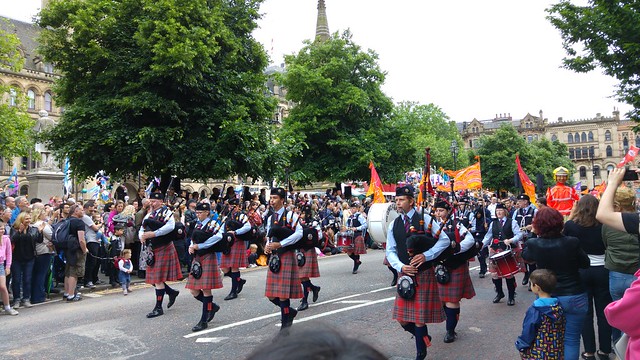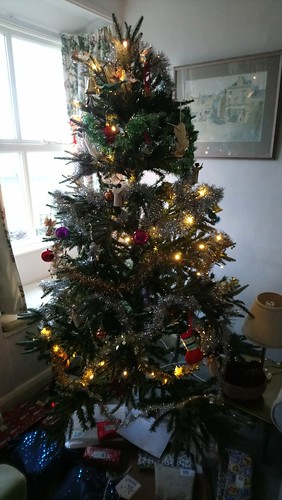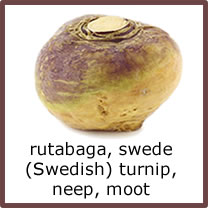What do togas, stegosauruses and thatch have in common?
These words all come from the Proto-Indo-European root *(s)teg- (cover, roof) [source].
Toga comes from the Latin togategō (I clothe) , from the Proto-Indo-European *togéh₂ (cover), from *(s)teg- (to cover) [source].
Stegosaurus comes from the Ancient Greek words στέγος (stégos – roof) and σαῦρος (saûros – lizard) [source], and στέγος comes from the Proto-Indo-European root *(s)teg- (cover, roof) [source]. The origins of σαῦρος are uncertain. So a stegosaurus is a “roof lizard”.
Thatch comes from the Old English þæc (roof-covering), from the Proto-Germanic *þaką (covering), from the Proto-Indo-European *(s)teg- (to cover) [source].
Words for house in the Celtic languages also come ultimately from the same root – tŷ (Welsh) chi (Cornish), ti (Breton), teach (Irish), taigh (Scottish Gaelic) and thie (Manx). More details.










